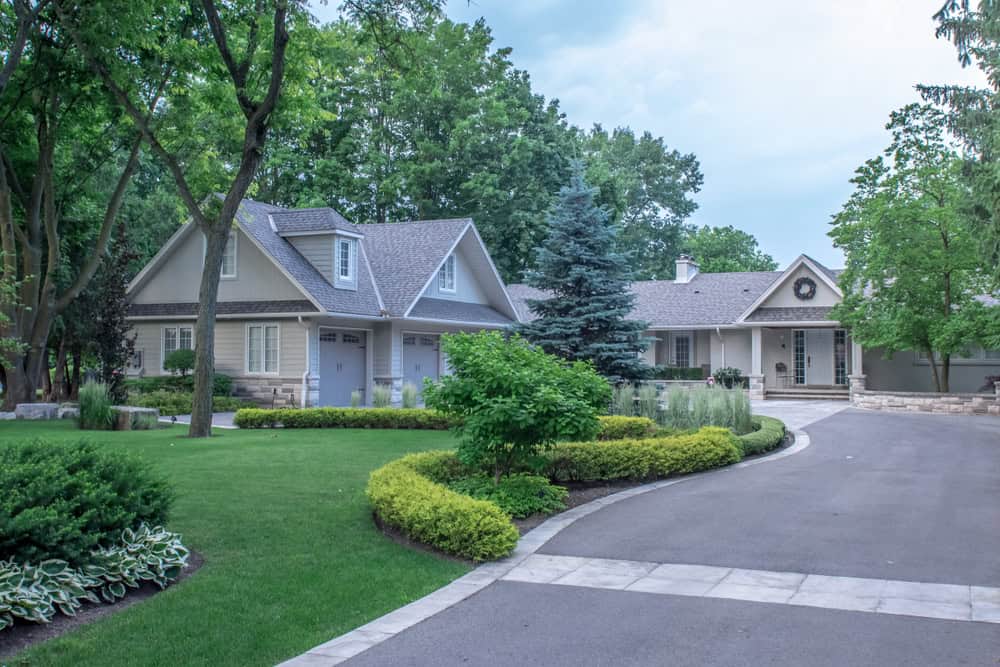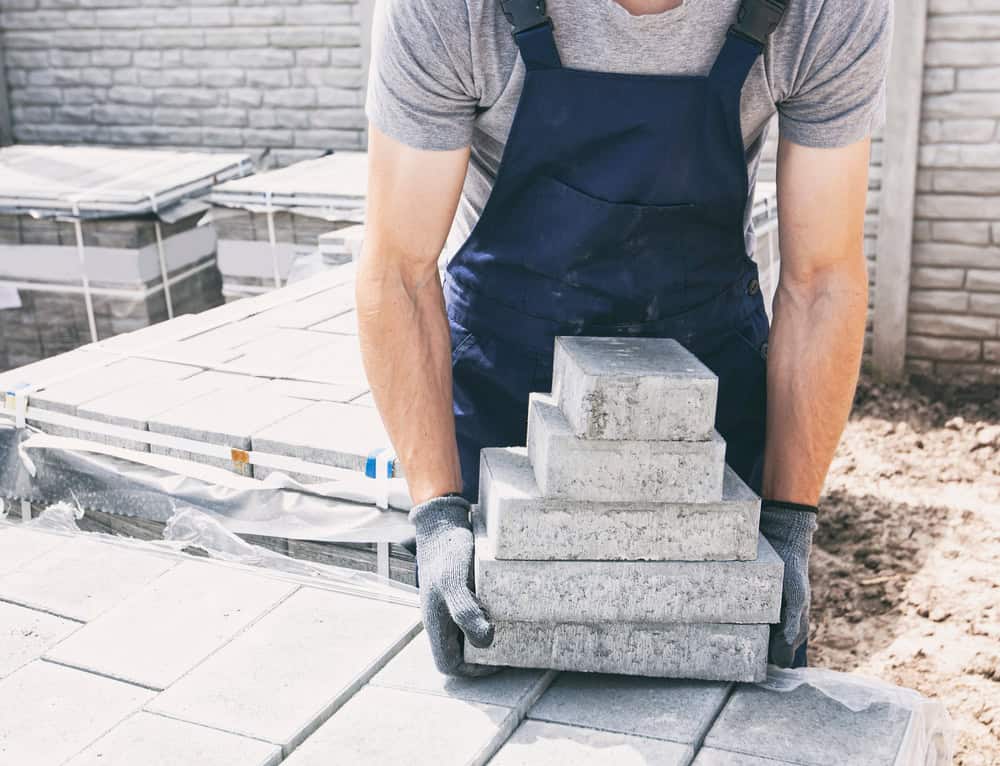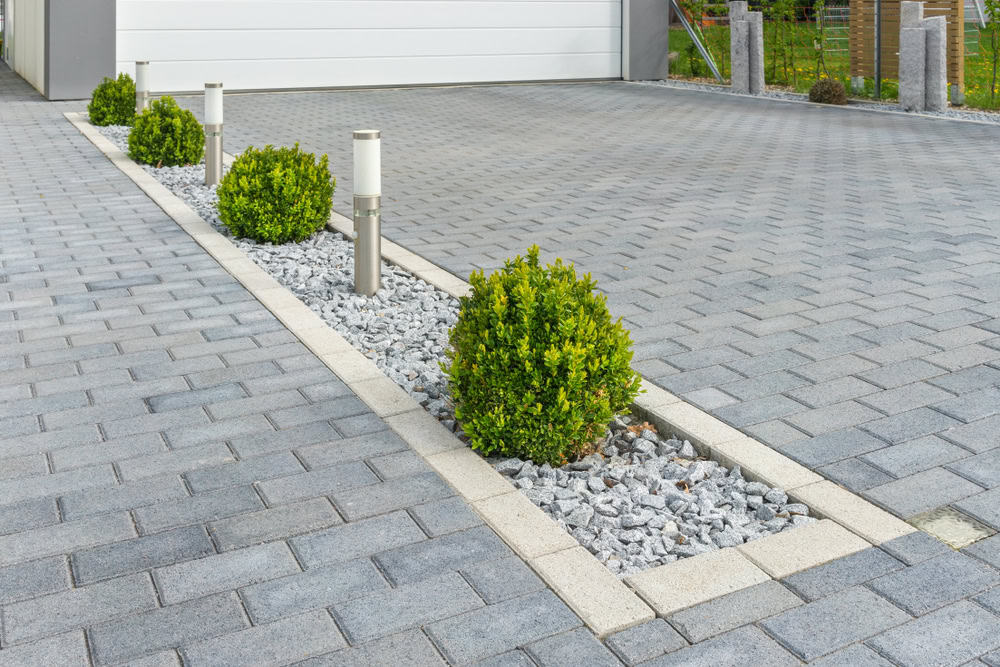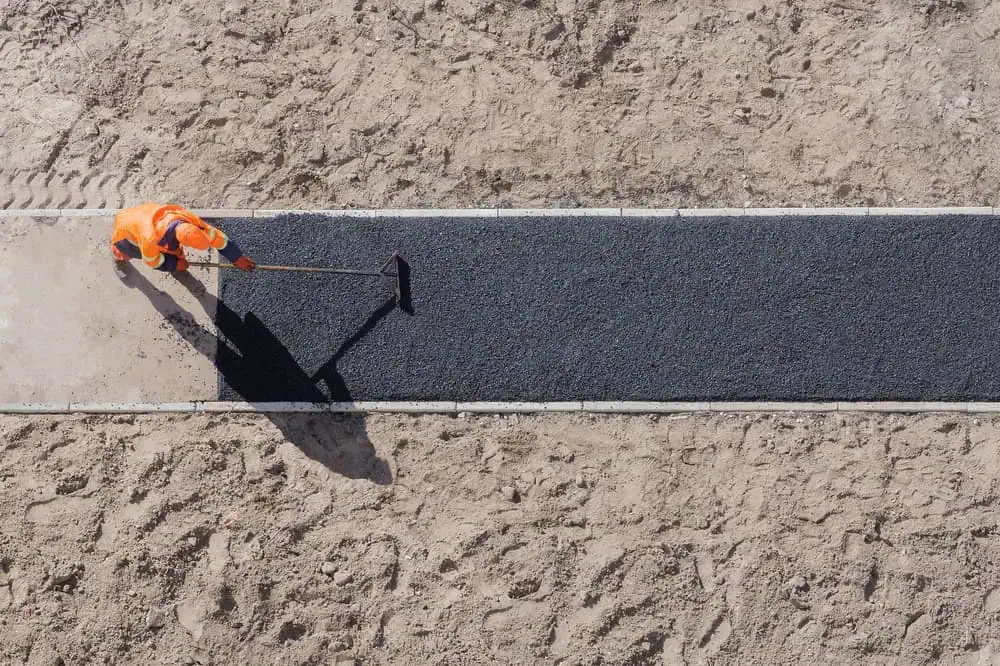Professional paver installation that actually lasts through New England winters and adds real value to your property.


Your outdoor space becomes the place you actually want to spend time. No more cracked concrete or washed-out gravel areas that look worse every season.
Quality paver installation means you get a surface that handles Massachusetts weather without shifting, cracking, or developing drainage problems. The investment pays for itself in reduced maintenance and increased home value.
You’ll have an outdoor area that works for entertaining, relaxing, or just enjoying your property without worrying about uneven surfaces or water pooling after every storm.
Academy Masonry has been installing pavers throughout Saxonville and the surrounding area for years. We understand local soil conditions, drainage requirements, and what materials hold up best in our climate.
Every project gets proper base preparation and drainage planning. We don’t cut corners on the foundation work that determines whether your pavers will still look good in ten years.
Our team shows up when scheduled, communicates clearly about timeline and costs, and cleans up properly when the job is done.

First, we evaluate your space and discuss design options that fit your needs and budget. No pressure, just clear information about what’s possible and what it costs.
Next comes proper excavation and base preparation. This is where most problems start with paver projects, so we take time to get the foundation right. Proper grading ensures water drains away from your home and pavers.
Then we install the pavers according to manufacturer specifications, including proper edge restraints and joint sand. The final step includes cleanup and a walkthrough to make sure everything meets your expectations.

Ready to get started?
We handle every type of paver project from small walkways to large patio areas and driveways. Brick paving, concrete pavers, natural stone – whatever works best for your specific situation and budget.
Each installation includes proper excavation, base preparation, edge restraints, and joint stabilization. We source materials from established suppliers who understand Massachusetts building requirements and weather conditions.
You get clear communication throughout the project, protection for existing landscaping, and thorough cleanup when we’re finished. The goal is a paver installation that looks great and functions properly for decades.

Local Resources